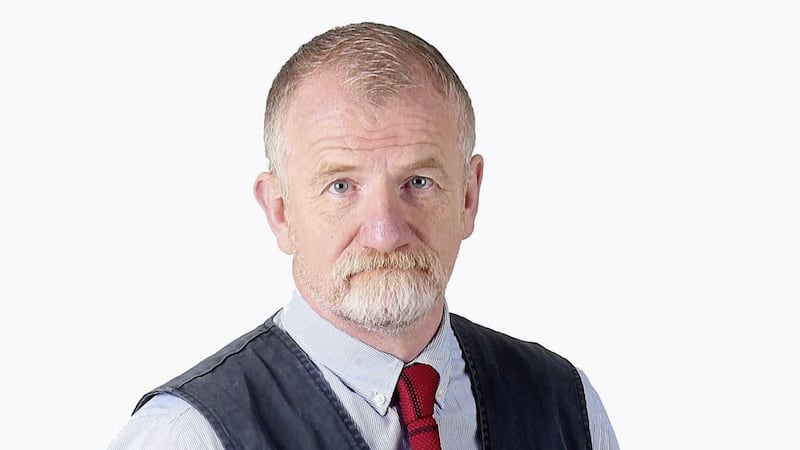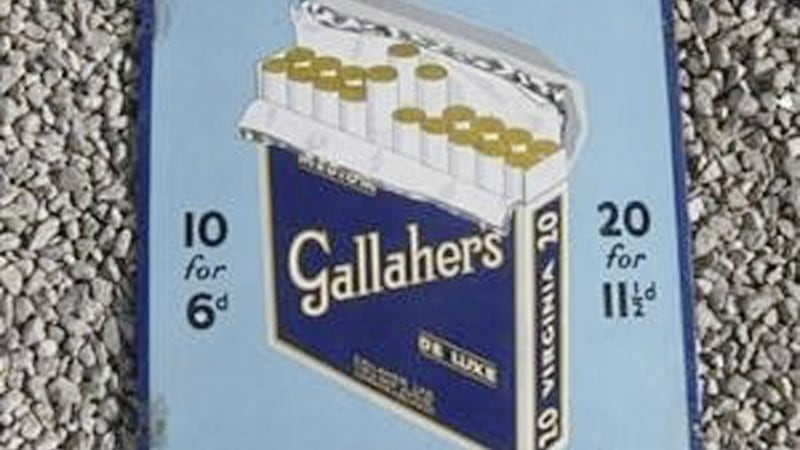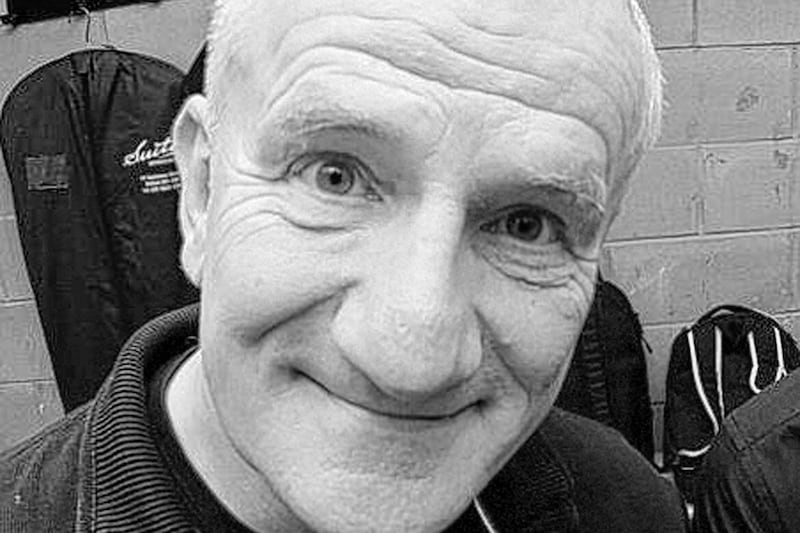OVER the past few weeks, I've been experiencing a form of emotional déjà vu. There was a knot in my stomach I recognised but couldn't put a name to. Then I realised what I was feeling: it was fear, the fear of death.
This fear was a constant companion to those of us who lived through the 'Troubles' and, like most people, I learnt how to push it down, so it didn't crush me. But it never really left. In those dark days, you understood death was never far away.
We came to live with the reality that survival was a matter of luck and nothing to do with being good or bad, involved or uninvolved. Death waited, and all you had to be was in the wrong place at the wrong time.
Covid-19 has resurrected this anxiety, and an invisible threat once again hangs overhead, with survival yet again a matter of luck.
During the Troubles you could at least minimise the danger and not go into certain areas, or mix with certain people; with Covid-19, such distinct risk factors are absent.
Adding to our woes is the fact we are 'handcuffed to a lunatic', namely the British government. History's judgment on the efficacy of the Tories' handling of this pandemic will be summarised in one word – 'wrong'.
Ignoring warnings from the World Health Organisation about not going 'all out' to stop the virus, the Johnson government assured us it was making decisions based on the "very best possible scientific advice". This week government modelling showed their approach was flawed and their attempt to 'mitigate' the virus wasn't working, and they were moving towards 'suppression' of the outbreak.
Despite having watched the inexorable spread of the disease over the last month, as it rampaged through China, Iran, Italy, Spain, France and finally the UK, the PM obstinately refused to impose the containment measures necessary. We know from the experience of China, South Korea and Thailand that containment via social distancing works, yet our schools, pubs and restaurants remained open.
On Tuesday, tired of waiting for government direction, I closed the small business I run. I couldn't, in good conscience, remain open with two members of staff who have underlying health issues. While some argued I 'jumped too soon', subsequent information proves this wasn't the case. The idea my business could act as a conduit to even one person becoming infected horrified me – lost money can eventually be replaced, lost lives cannot.
Within the next couple of weeks, our lives will change dramatically. The lockdown that is operating across Europe will become our reality and we will retreat into our homes.
We can but hope that, having realised their mistake, this government will now adopt the measures necessary to contain the outbreak. The most obvious start would be to finally accept the advice from the World Health Organisation and test, test and test again.
I commented during the week that people living in the Republic could have a Covid-19 diagnosis within two days while those exhibiting symptoms here were told to stay at home and not bother people.
The speech by the taoiseach, Leo Varadkar, last Tuesday was a measured, compassionate and candid appraisal of where the Republic stood in its fight against the virus. His performance threw into stark relief the bumbling, incoherent and contradictory pronouncements from Number 10, where the only constant advice was to wash our hands.
While Boris Johnson has always viewed himself in the mould of Churchill, it was appropriate that it was Varadkar who paraphrased the wartime leader, saying the crisis would lead to "… much being asked of the few by the many". Boris Johnson is no Churchill; he is a man who looks like his mother still cuts his hair.
A perfect example of political hand-washing came on Monday when Arlene Foster spoke in the assembly after the publication of the report into the Renewable Heat Incentive scandal. She acknowledged her "faith in almighty God" for carrying her through the crisis. And she was right to do so, for only an act of God can explain the publication of the RHI report just as the Covid-19 pandemic hit.
While the casualties of RHI such as Jonathan Bell, Máirtín Ó Muilleoir, Simon Hamilton and Andrew Crawford lie all around her, Arlene remains standing. And God only knows how much longer we will have to continue to suffer her sardonic smirk when asked a question she doesn't like.








